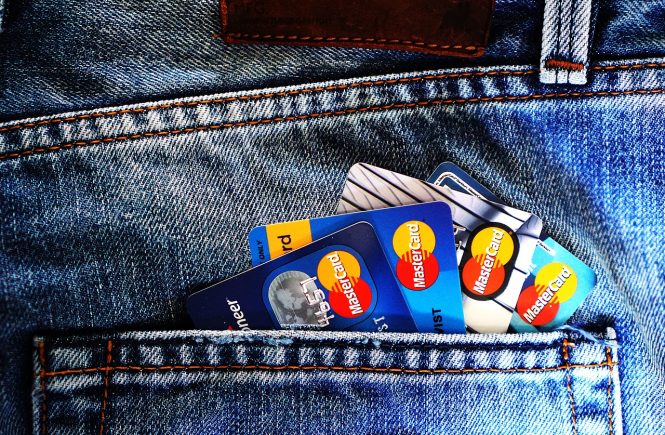| Do you know 40 million Americans (16 percent of adults) feel they will miss at least one credit card due date in 2019, according to a new WalletHub credit cards survey? Consumers are feeling the strain of mounting debt and it does not seem to be getting any better. The average American household already owes a near-record $8,200 to credit card companies, a balance made even more expensive by recent Federal Reserve rate hikes.
Moreover, the January 2019 government shutdown drew attention to the delicacy of many American’s finances. Here are some key findings from WalletHub’s credit cards survey, which examined people’s experiences with late payments and their attitudes regarding the likelihood of future encounters:
Read the full report for more information. Expert Commentary on Consumer Finances“A surprising number of people have stable jobs but fluctuating incomes,” said Laura Wolff, an instructor of economics at Southern Illinois University Edwardsville. “How many hours or tips or commissions they get a pay period vary, which makes it a struggle sometimes to pay bills. Shocks on the spending side are also hard to manage, and this is going to be especially difficult for lower or moderate income earners to manage than high income earners.” Even though missing a credit card due date isn’t always the fault of the customer, it still can have a number of unpleasant consequences. Those include expensive late fees, high penalty APRs and eventual credit score damage. But customers who act quickly to fix the situation, especially on their first offense, may be able to avoid the worst of it. “If people must miss a payment, it is a good practice to notify the lender,” said James Butkiewicz, professor and chair of the Department of Economics at the University of Delaware. “Lenders want to be repaid, and might be willing to make accommodations, or delay any action if borrowers explain their situation and make a good-faith effort to make their account current again.” Lenders certainly can be flexible, at least when it comes to late fees. However, certain demographics succeeded more often than others. For example, people over age 59 succeeded 24 percent more often than people aged 18-29. “I have always found credit-card lenders willing to waive fees, especially if you regularly use the card,” said James Butkiewicz. “The primary revenue source for credit card lenders is interest on balances. Fees and merchant charges are a much smaller percentage of total revenue.” Though credit card payments are important, they are just one of many bills Americans must keep up with each month. People also balance mortgages, taxes, electricity, auto loans and even luxuries like cable. WalletHub’s survey also found that 2.7 times more people worry most about missing a credit card payment rather than an electricity payment this winter. “Missing a credit card payment has greater consequences,” said Lola Neudecker, a professor emeritus of accounting at the University of New Mexico. “I now work for an electric utility company. The last thing we want to do is cut off a customer’s electric service. We have many programs in place … and we do not report delinquent accounts to consumer credit scoring agencies.” Although many consumers are conscious that missed credit card payments can be more damaging than missed utility payments, people aren’t always picking and choosing when they miss payments. Sometimes, a missed payment happens purely because of absent-mindedness, and WalletHub’s survey found that is most common among the wealthy. People who earn at least $100,000 per year are twice as likely to miss a payment due to forgetfulness than people who make less than $25,000 per year, survey results show. “People who have money are less likely to worry about money,” said Katherine L. Jackson, a professor of finance at Truman State University. “Also, most people who make $100,000 or more are older and thus tend to be more forgetful.” The age correlation does show up in WalletHub’s data. People over age 59 are more likely than any other age group to miss a credit card payment because they forgot. They’re also the least likely age group to miss a credit card payment due to not having enough money. It’s best not to miss a credit card payment. But people who do should speak with their issuer as soon as possible. Getting some leniency is easier than many people might think. |

